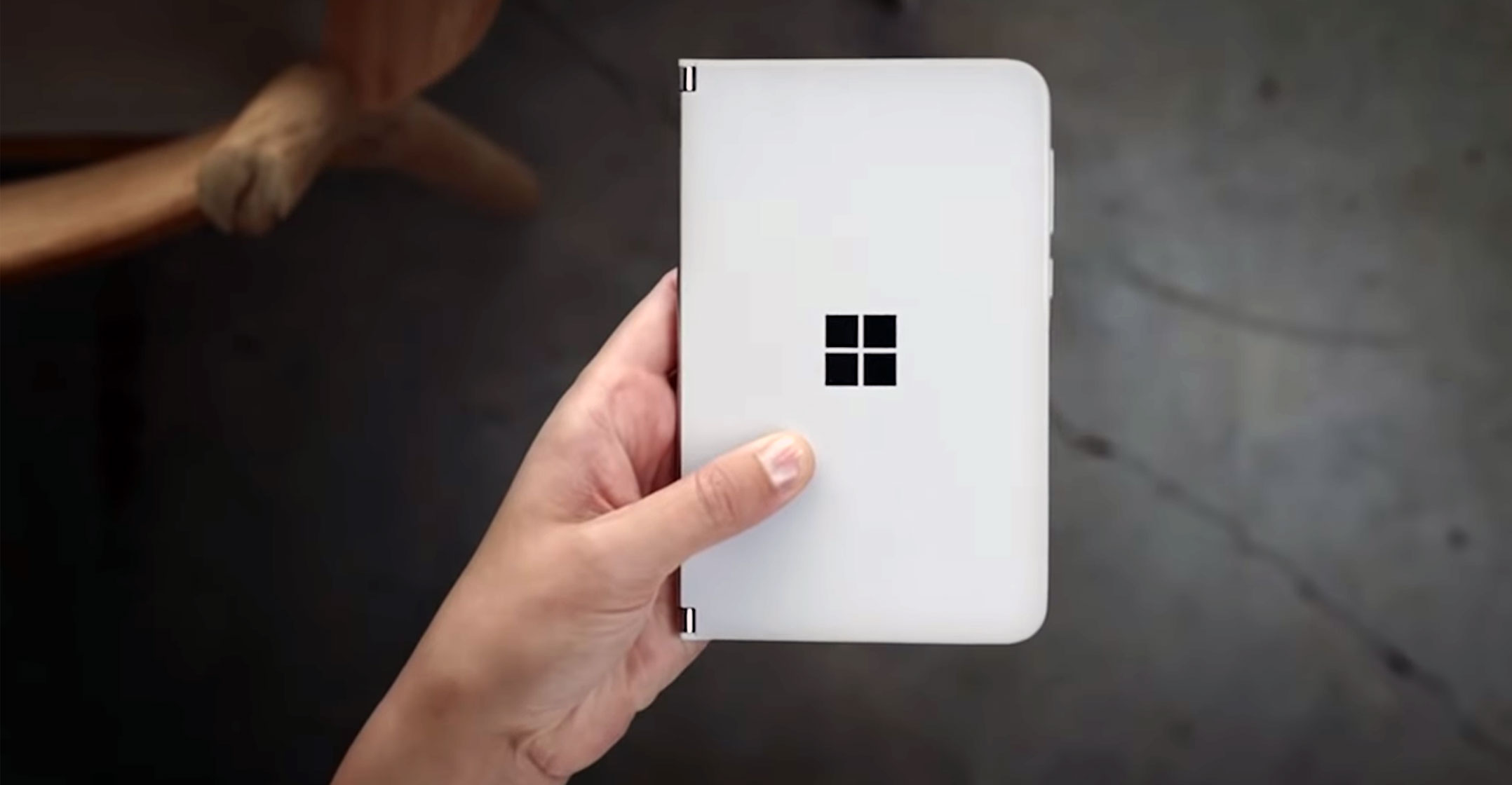 A five-year truce between rivals Google and Microsoft came crashing down in 2020 when the tech giants found themselves at odds over their competing web search businesses, according to testimony at the US government’s antitrust trial against Google.
A five-year truce between rivals Google and Microsoft came crashing down in 2020 when the tech giants found themselves at odds over their competing web search businesses, according to testimony at the US government’s antitrust trial against Google.
After a decade of fights, the companies forged a non-aggression pact in 2016, wanting a fresh start to their acrimonious relationship. But three years ago, the situation began to fray, Jonathan Tinter, a Microsoft vice president of business development, testified on Thursday in Washington.
Google insisted that Microsoft place a Google search widget on the main screen of its Surface Duo touchscreen smartphone device in order to license the Android operating system, rejecting the software company’s request to use its own search engine, Bing, said Tinter, who negotiated the deal in the northern hemisphere spring and summer of 2020.
Google also prohibited Microsoft from instructing users how to switch the default search engine to Bing, he said.
“Ultimately, for the Duo to be successful, we needed the licence from Google,” he said. “We wanted the search entry points to be Bing. They wanted the search entry points to be Google.”
Tinter is one of several Microsoft executives to testify as part of the US justice department’s antitrust lawsuit against Google. Microsoft CEO Satya Nadella is expected to take the stand next week. The government alleges Google has monopolised the online search market through contracts where it paid billions to Apple and smartphone makers to make its search engine the default on browsers and mobile devices. Google has said consumers like its search engine and it’s easy to switch.
Microsoft and Google eventually reached a “compromise” on Duo for both search engines to appear on the device, Tinter said. A search widget, the Chrome browser and the Google Search app would all be on the phone and use Google, while Microsoft’s Edge, the device’s default browser, would use Bing.
Flop
Microsoft began taking orders for the US$1 400 dual-screen folding Duo in August 2020, marking the company’s return to the handset market following an ignominious retreat in 2016 after its acquisition of Nokia’s handset unit resulted in a costly writedown. While it had some fans, the Duo fared poorly and within months Microsoft was already offering discounts on the product. Scarcely a year later it was selling for less than half the original price.
While the release of the Duo appeared to represent a thaw between the tech rivals, behind the scenes the relationship was less friendly, Tinter said. Tinter said he personally advocated for “strategic cooperation” with Google, citing the success of Microsoft’s Office products on the Android platform.
Read: Apple used Bing as Google ‘bargaining chip’
“There was a debate about how much we should work with Google or not,” he said. “The Bing ads team was arguing we should not.”
The companies’ agreement on ending hostilities set out a formal, escalating process for handling disputes that might previously have gone directly to regulators. In March 2020, Microsoft formally complained to Google that its Search Ads 360, which lets marketers manage advertising campaigns across multiple search engines, wasn’t keeping up with new features and ad types in Bing.
 The dispute triggered talks between the companies’ top lawyers – Microsoft’s Brad Smith and Google’s Kent Walker. Tinter was also involved, he said, discussing the issues with Google’s Don Harrison, president of global partnerships and corporate development.
The dispute triggered talks between the companies’ top lawyers – Microsoft’s Brad Smith and Google’s Kent Walker. Tinter was also involved, he said, discussing the issues with Google’s Don Harrison, president of global partnerships and corporate development.
Tinter said that in response to Microsoft’s escalation, Google officially complained about a problem with the terms of Microsoft’s cloud programme that barred participation of the Google Drive products — rival productivity software for word processing, e-mail and spreadsheets.
In response to questions by the justice department, Tinter said Microsoft had informally agreed to pay for Google to make the changes to SA360. “It was half a negotiating strategy,” Tinter said. Harrison said, ‘This is too expensive.’ I said, ‘Great let me pay for it.’”
Read: US begins high-stakes antitrust battle with Google
The two companies eventually negotiated a resolution about cloud, but couldn’t resolve the problems with the search advertising tool, he said. As a result, nothing was ever signed on either issue, Tinter said. “We ultimately walked away and did not reach an agreement,” he said.
Microsoft and Google also let their peace deal expire in 2021. — Leah Nylen, (c) 2023 Bloomberg LP

